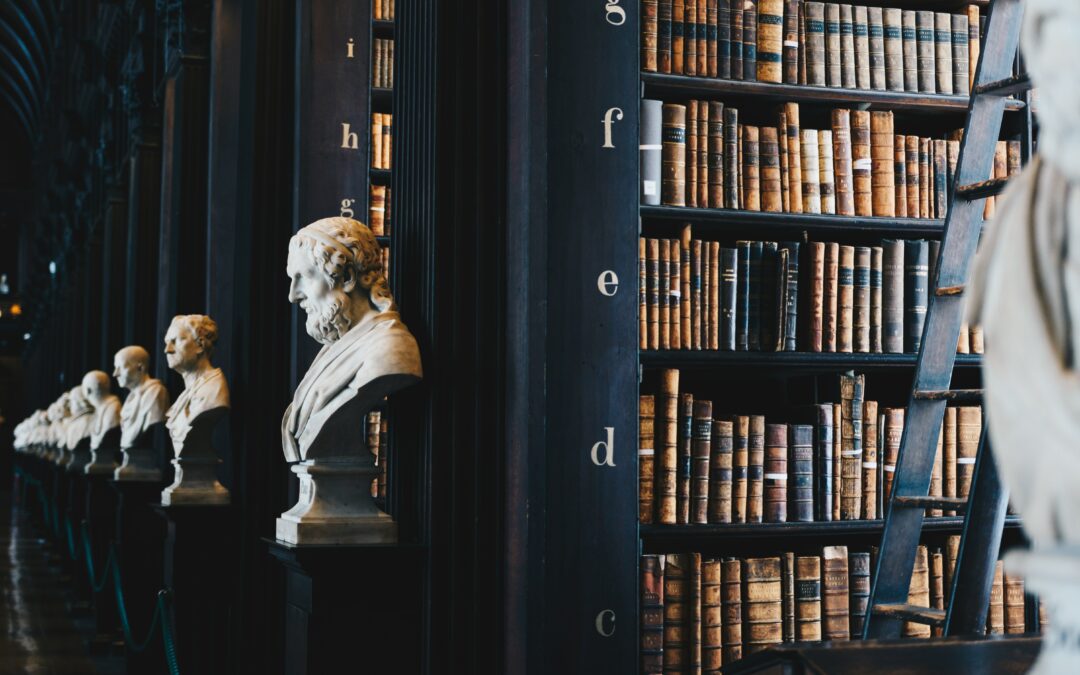Olivia Eisinger is the Editorial Director of Book Brilliance Publishing.
In this month’s Brilliant Byte, Olivia shares how to gather references for your book…
What are references?
References are explanatory or additional material to the sources you have specifically quoted from in your manuscript.
What is a bibliography?
A bibliography is a list of the sources you have used to write the book. You may not have specifically quoted a book, author or website, but you have read them whilst researching your book.
For instance, I used New Hart’s Rules (Anne Waddingham, Second Edition, OUP, 2014) as research when writing this piece, but did not quote it. However, if writing a book, I would add it in the bibliography list.
Why do we need references and a bibliography?
- They acknowledge other people’s work that you are building on
- They support and clarify a point you are making
- They add to the reader’s enjoyment and knowledge by giving them the information to research/read further
- They prevent plagiarism (more on that later!)
- They show that you have used a wide variety of sources and information as a background to your own writing, adding gravitas and significance
Sources:
The source must be:
a) correct – you need to drill down to the original speech/book/author/website
For example: you should not quote huge chunks from Wikipedia, but use it to help you find the original source
b) accurate – i.e. specific date, book, website
c) referenced correctly – e.g. for websites: nationalfoodstrategy.org/the-report/
Plagiarism:
Plagiarism is taken extremely seriously in both the academic world and in general publishing of books and magazines as Shadow Chancellor of the Exchequer, the Right Honourable Rachel Reeves recently found out. In October of this year, Reeves’ published her book The Women Who Made Modern Economics. However, newspapers and others sources identified various examples of plagiarism in the book, including entire paragraphs. Reeves had to explain to the media that some sentences “were not properly referenced” and this would be corrected in future reprints, but it was all rather embarrassing.
If you are quoting something, it needs to be in quote marks and correctly acknowledged. If you are paraphrasing, it needs to be in your own words and style.
And finally, a little note on copyright:
If you are using images or quoting lyrics, a poem, or sections of text (usually more than a couple of lines long) which are NOT in the public domain, you will need to obtain copyright from the estate of the author/songwriter/artist to have it in your book.
This can be time-consuming and expensive but is far cheaper than being taken to court!


